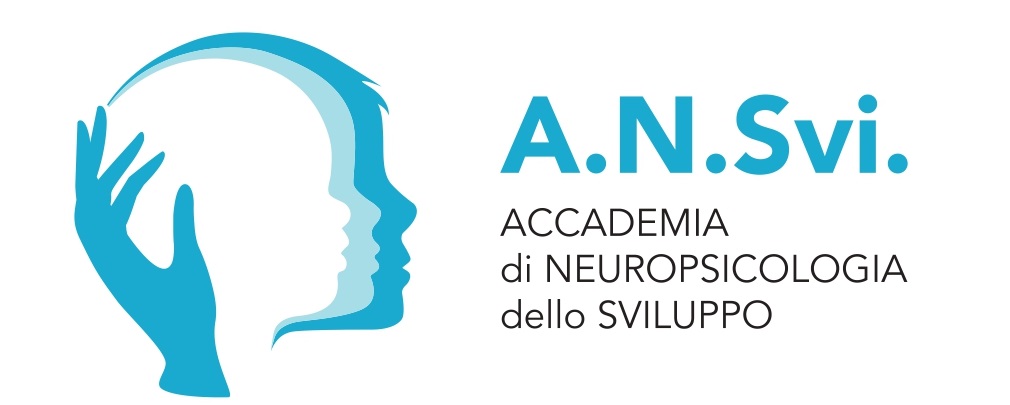Effectiveness of School-Based Prevention Programs on Mental Health Literacy
Shari Jana Dudda, Alexa von Hagen, Gerhard Büttner
Given the high prevalence of youth mental health issues, an increasingly acknowledged approach to strengthen mental well-being in the long-term is to equip children and adolescents with mental health related knowledge and skills. In recent years, this approach has received growing attention under the term mental health literacy (MHL). While studies suggest promising impacts of MHL programs on youth mental health, the evaluation of MHL programs in educational settings is still an evolving area of research, given the accelerating increase in the development of prevention programs. This systematic review and meta-analysis aim to evaluate the effectiveness of universal school-based MHL prevention programs on the components of MHL (mental health/illness knowledge, attitudes, help-seeking behavior). A secondary objective is to examine the differential effects of such interventions by age, gender, duration, frequency, trainer, content, and mode of delivery. In line with Open Science Practices, in this article we report on the study protocol to pre-register the research questions, methods, and data analysis plan for our review before starting data collection. We will include controlled trials of programs delivered by school psychologists or school staff to students aged five to 21 years in primary/secondary education and run meta-analyses using robust variance estimation models. The findings will be essential to inform future development of practice guidelines for improved mental health outcomes.
Keywords
Mental health literacy, Prevention, School, Meta-analysis, Study protocol.

